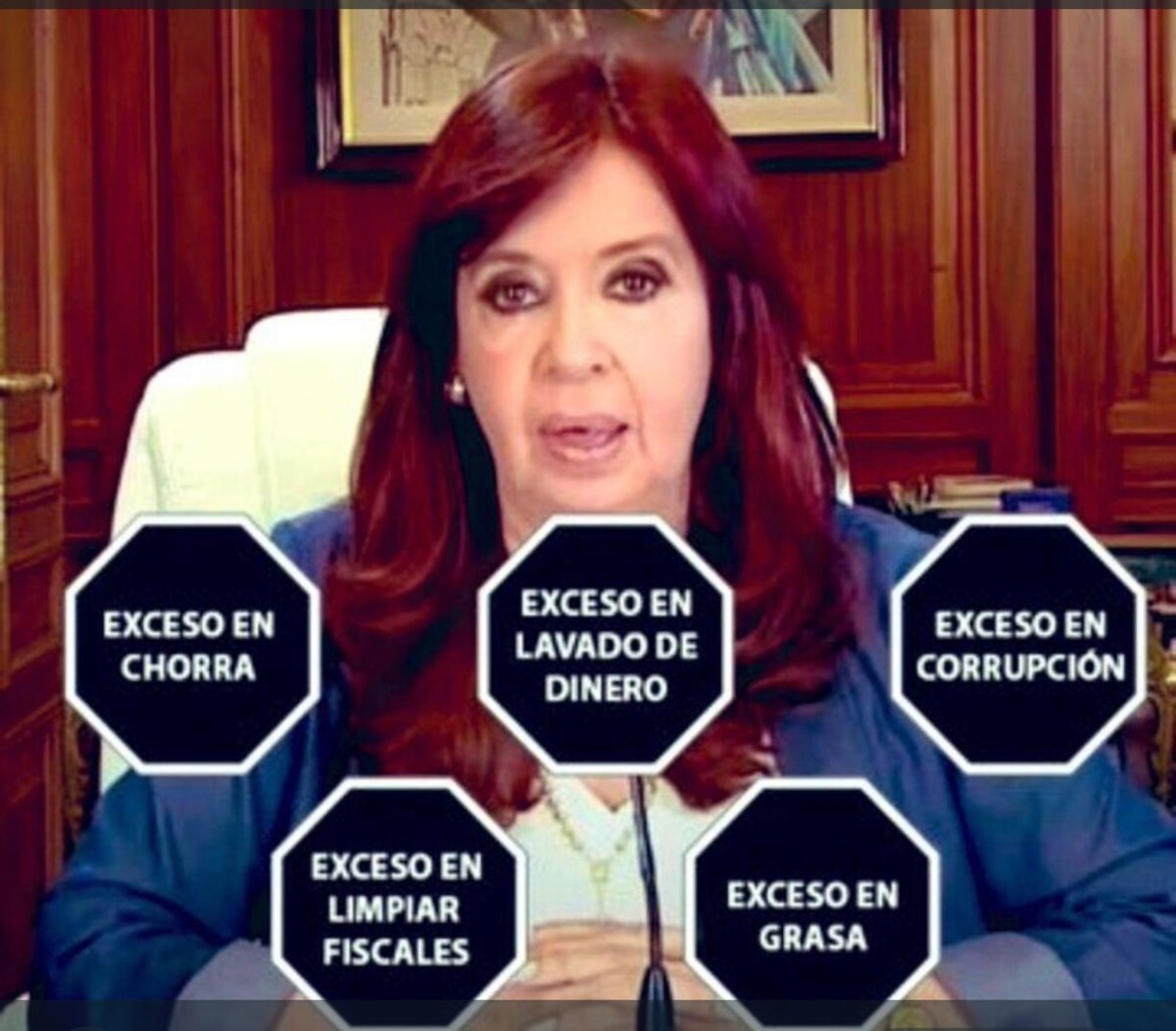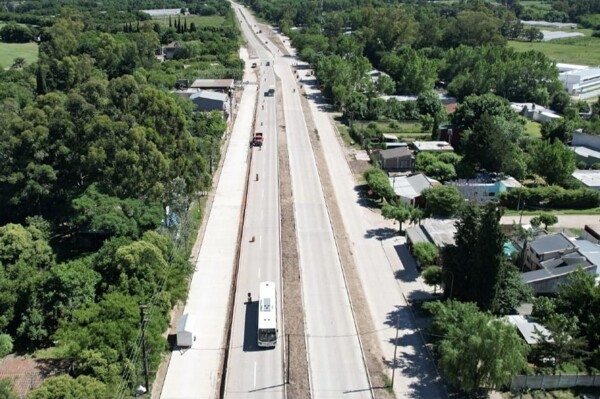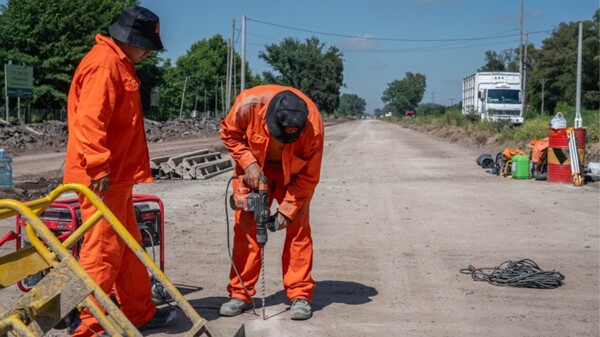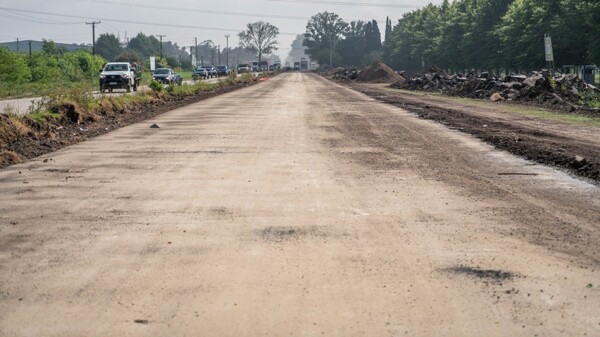
Recently, at an event in Moreno, Cristina Fernández de Kirchner, the former president, made statements that have been considered cynical and an attempt to manipulate history in her favor. Beyond the rhetoric used, her words reveal a communication strategy that seeks to appeal to empathy towards women in vulnerable situations, while she faces accusations of corruption and abuse of power.
Kirchner's claims suggest an attempt to change public perception regarding her conviction. After being sentenced to six years in prison and perpetual disqualification from holding public office, the ex-president chose to divert attention towards a discourse that combines victimization and delegitimization of judicial institutions. Alluding to supposed political violence against her, Kirchner attempts to present herself as a victim, especially emphasizing her status as a woman.
During her intervention, Cristina Fernández de Kirchner expressed that everything is "20 times harder" for her as a woman, insinuating an alleged gender discrimination in her case. However, these statements seem to overlook the nature of the crimes for which she was convicted, suggesting that her gender could exempt her from responsibility. At the same time, while making these claims, the ex-president was organizing an event with women in Moreno, a locality with which she has a close relationship.
Claiming that her suffering is minimal compared to that of other women facing extreme violence seems to downplay the real struggles of Argentine women. Despite her victimhood rhetoric, Cristina Fernández de Kirchner is a figure accused of serious crimes, convicted based on strong evidence that supports her sentence. Her statements in Moreno demonstrate an attempt by Kirchnerism to manipulate politics and distort the truth in search of personal benefits.














